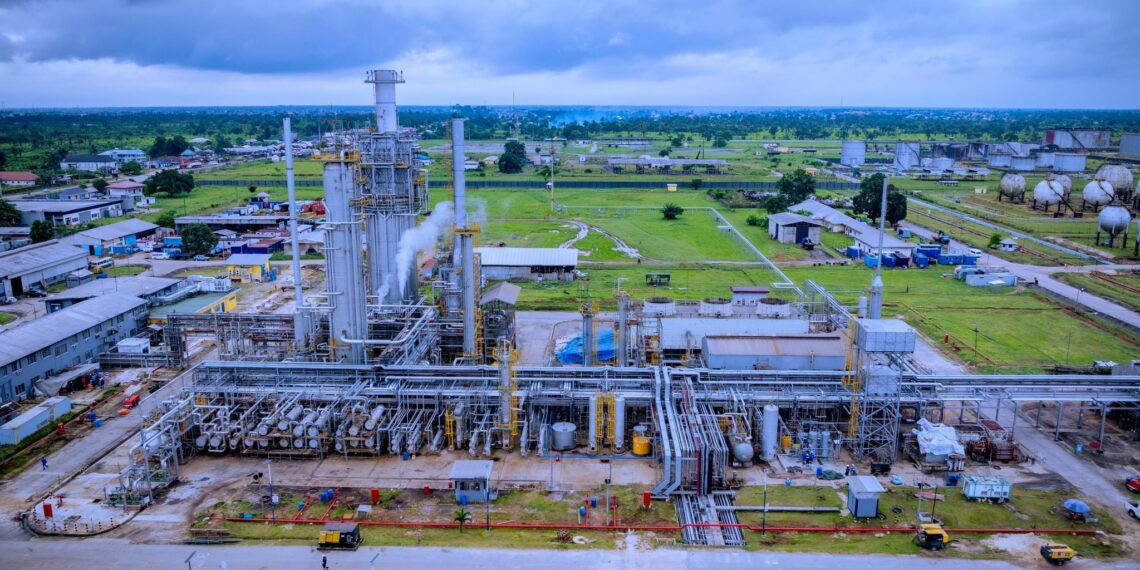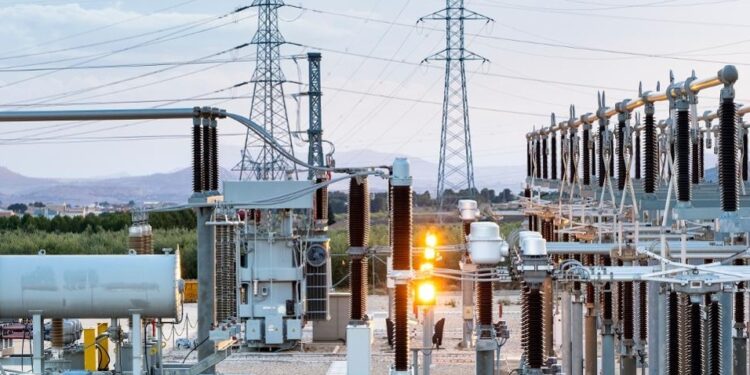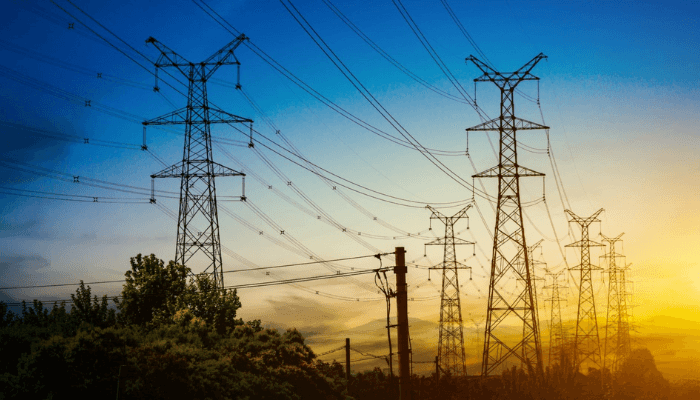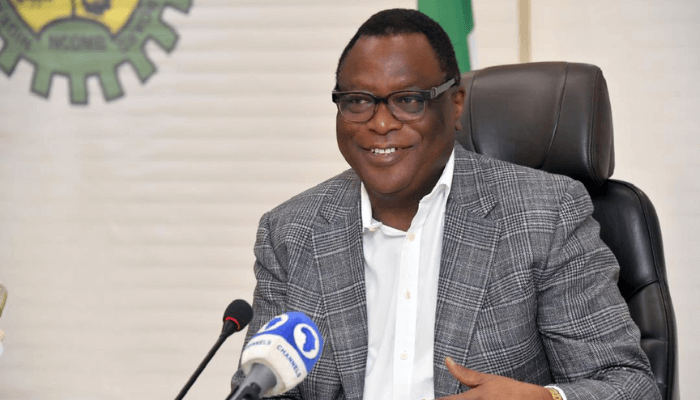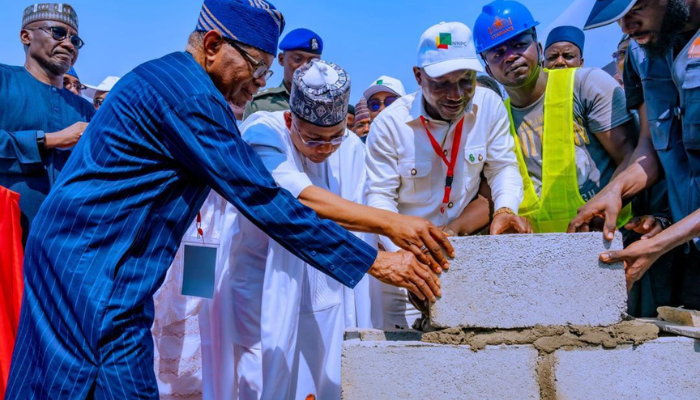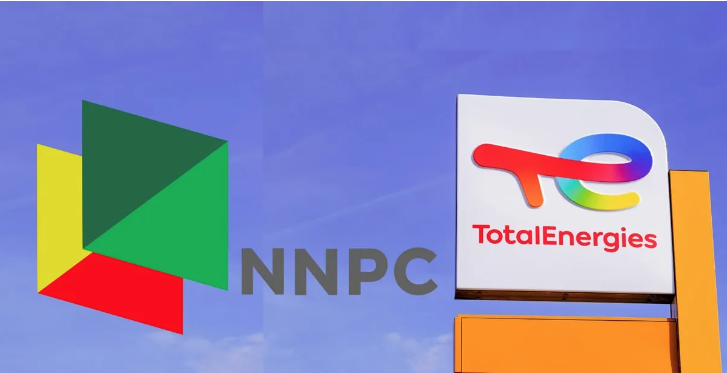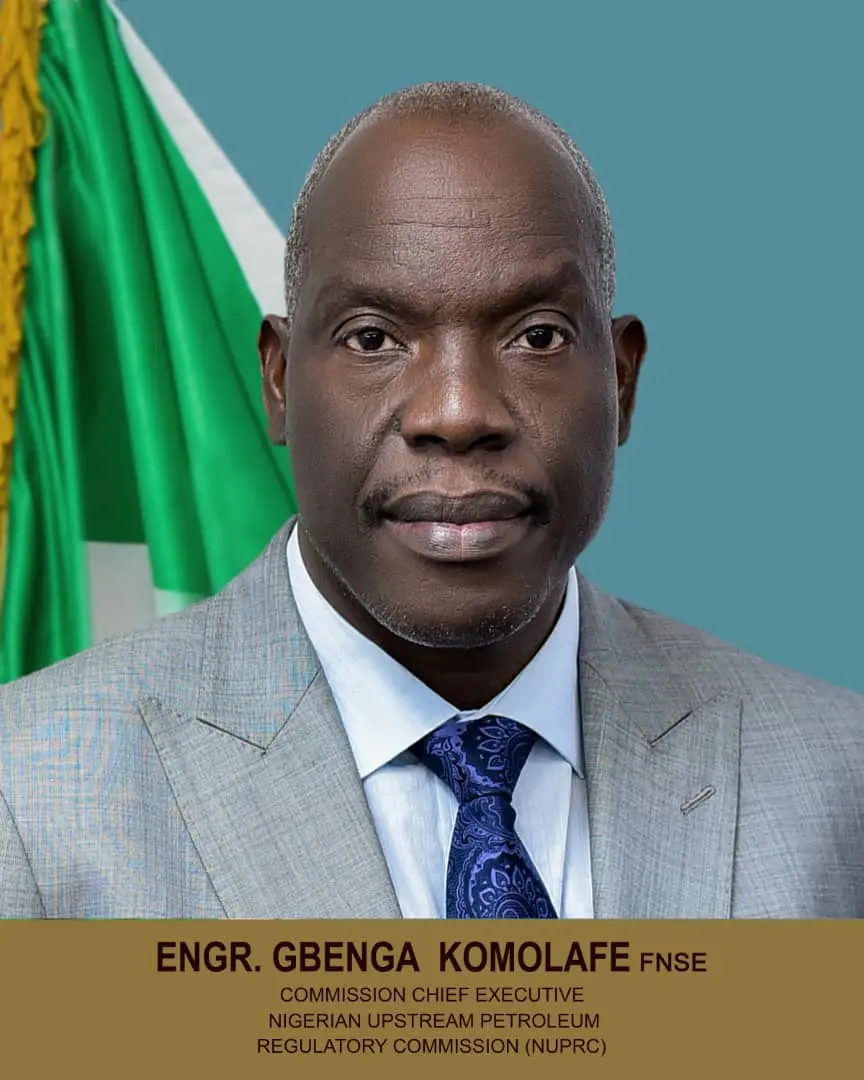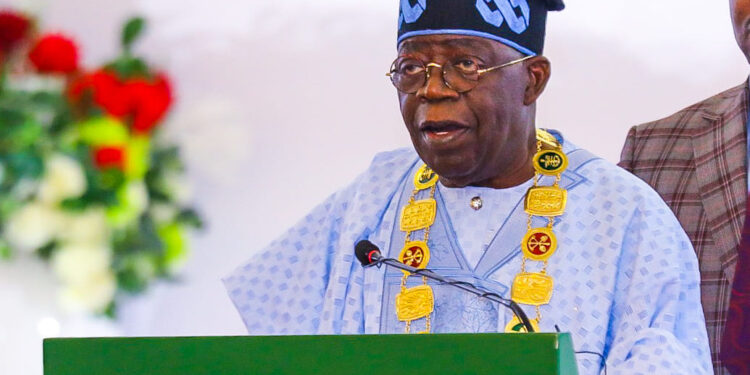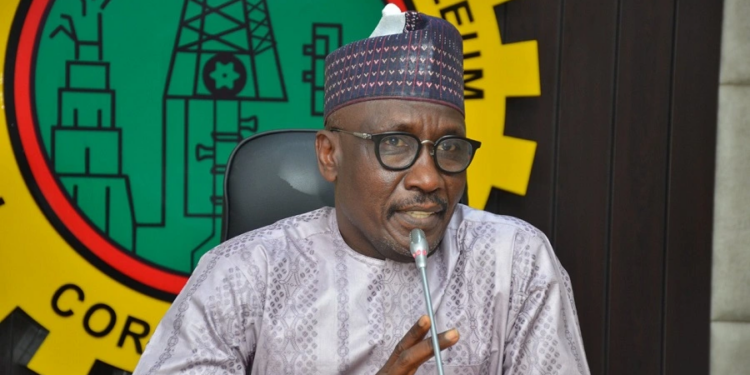A group known as Concerned Nigerians has alleged that there is a plot to disrupt crude oil supply to local refineries in Nigeria.
The group’s National Coordinator, Obinna Francis, made this known in a statement on Monday, alleging that they had uncovered a “sinister plot to stop the supply of crude oil to domestic refineries.”
The group acknowledged the contribution of local refineries to Nigeria’s economic growth under President Tinubu, stating that this progress requires vigilance against any “cabal” allegedly working with importers to deny local refineries access to crude oil.
Tinubu’s Oil and Gas Reforms Must Be Guarded Jealously
According to Francis, the success of domestic refineries in Nigeria has led to a reduction in fuel prices, which in turn has lowered the cost of food items.
He expressed shock that certain unnamed individuals were allegedly plotting to undo the gains achieved under President Bola Ahmed Tinubu’s economic reforms.
“Such a sinister plot can only be driven by a desire to return Nigeria to the era of petrol importation and even the reintroduction of subsidies.
“This is because cutting off crude oil supply to domestic refineries would create a shortage of refined products, forcing the country to resume fuel imports,” he stated.
He warned that such actions could undermine Nigeria’s collective economic well-being.
The group called on the President and the Department of State Services (DSS) to ensure that no one, knowingly or unknowingly, disrupts crude oil supply to local refineries, so that the economy is not destabilized.
“We salute Mr. President and pass a vote of confidence in him for his impact in driving Nigeria toward energy sustainability, especially in the oil industry. The sector has revived to a point where Nigerians no longer experience harrowing times at petrol stations,” he added.
He stressed that oil and gas reforms must be protected, ensuring that no group or individuals are allowed to undermine the achievements recorded in the sector.
What You Should Know
Nigeria is gradually becoming a petroleum refining hub in West Africa, thanks to the commissioning of the Dangote Refinery and other private and state-owned refineries.
However, private refineries continue to struggle to secure sufficient feedstock for their operations.
Nairametrics reported that the increasing refining capacity of the Dangote Refinery has helped Nigeria reduce its fuel imports.
Nigeria’s gasoline imports have dropped to their lowest level in almost eight years.
In addition to meeting domestic demand, the Dangote Refinery is also exporting refined petroleum products to other countries, including Ghana, Togo, Cameroon, South Africa, Angola, and several European nations.
The Nigerian National Petroleum Company Limited (NNPCL) recently denied reports that it imported over 200 million litres of Premium Motor Spirit (PMS), also known as petrol, in February 2025.
NNPCL’s Chief Corporate Communications Officer, Olufemi Soneye, clarified that while the company has not imported PMS in 2025, it retains the right to do so if necessary.
He emphasized that NNPCL has a responsibility to ensure energy security in the country and would intervene with imports if fuel shortages arise to stabilize the market.


